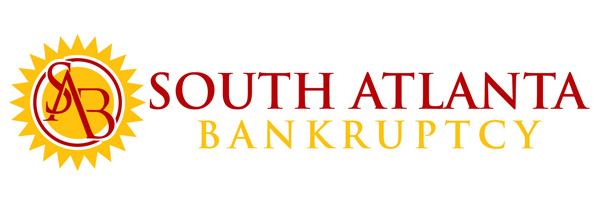Chapter 7 and Chapter 13 are different tools that are used to handle different financial problems. Chapter 13 is a debt consolidation plan used to repay debt in full or in part over a period of years. Chapter 7 is a fresh start or liquidation case that is usually finished after only a few months.
In Chapter 13, you can force secured creditors like mortgage lenders or car lenders to allow you to cure defaults over time, whether they agree or not. In Chapter 7, unsecured debts are discharged without payment, and you indicate your preference (intent) as to whether or not you want to “reaffirm” and keep paying your secured creditors. Alternatively, you may surrender the collateral and discharge the debt.
Read more “What’s the difference between Chapter 7 and Chapter 13?”

